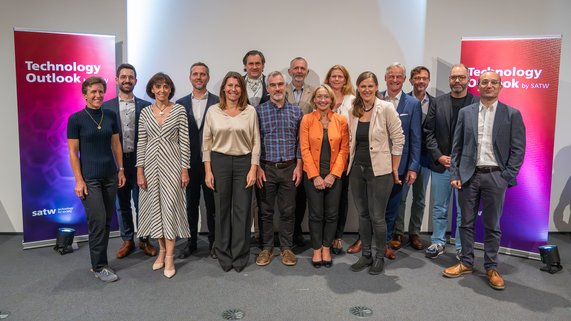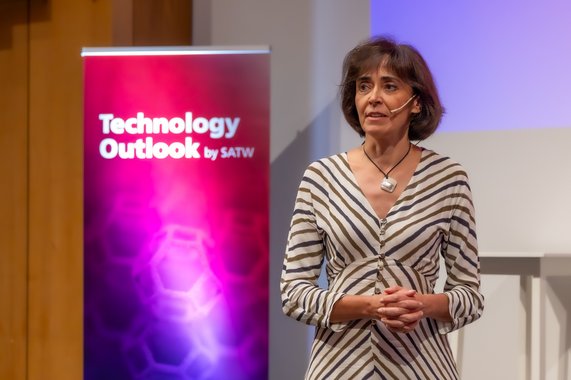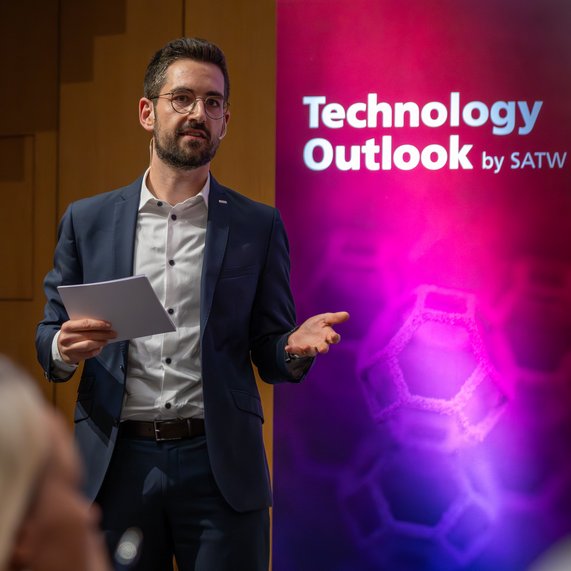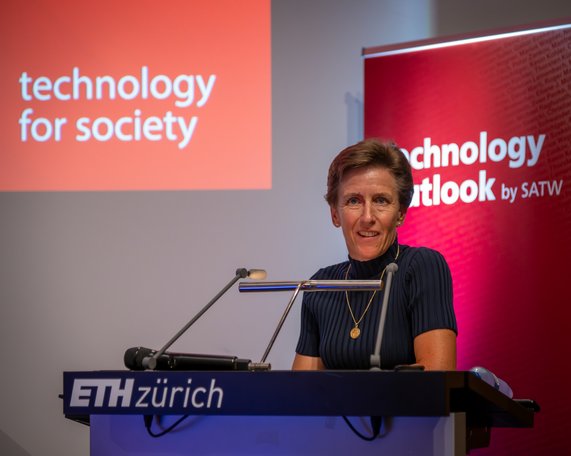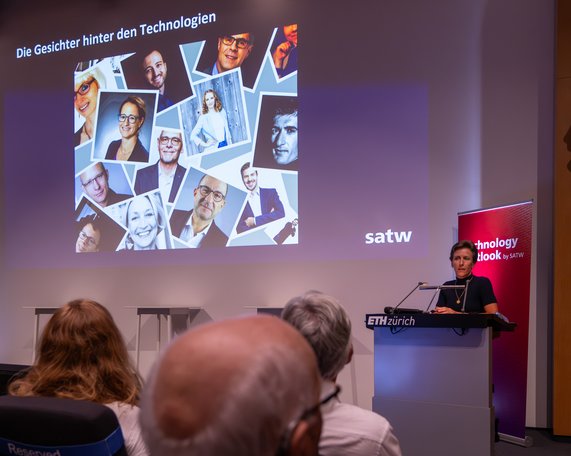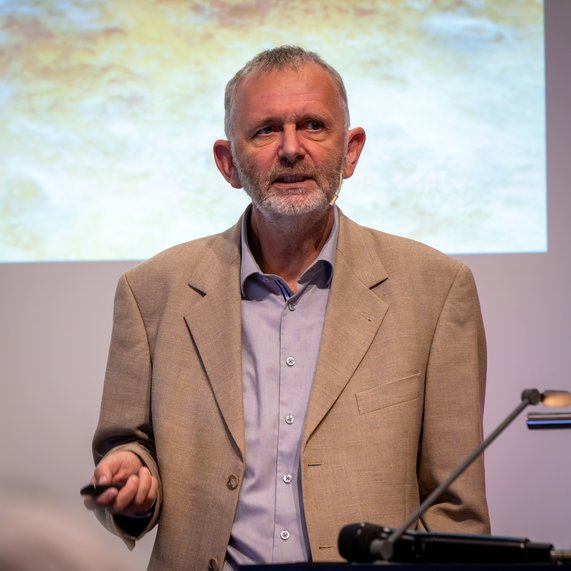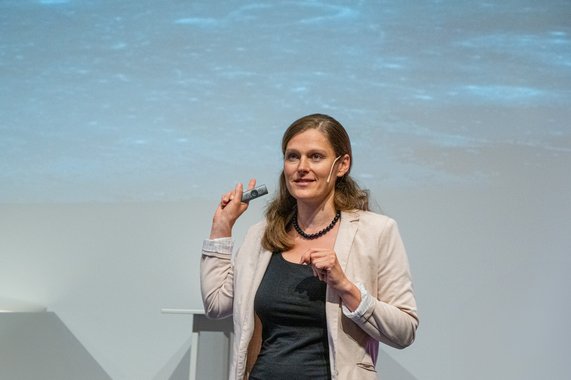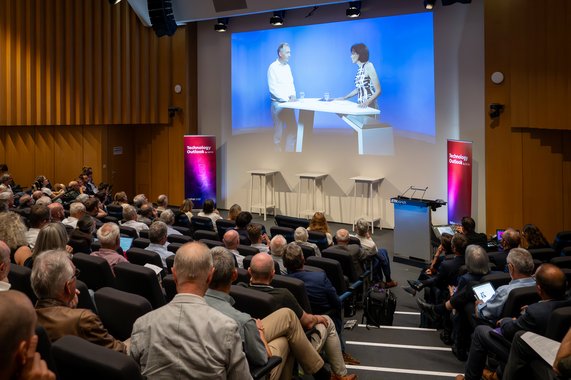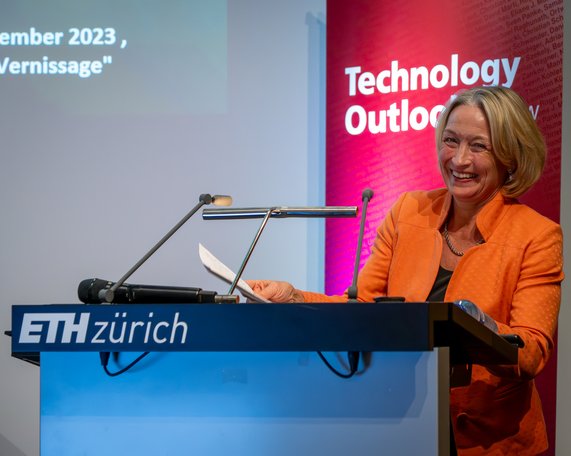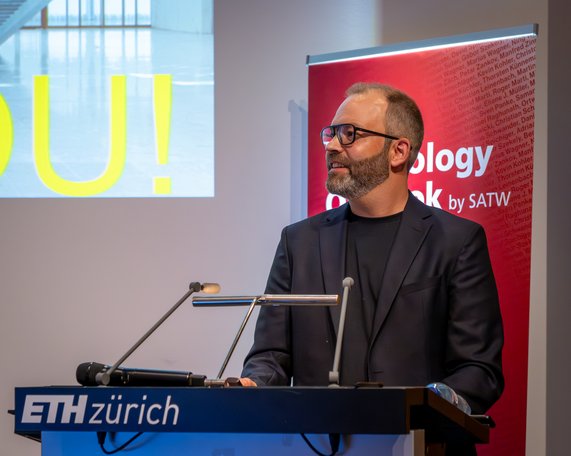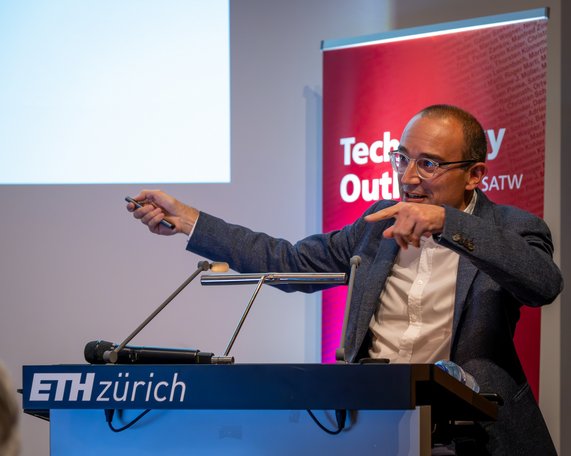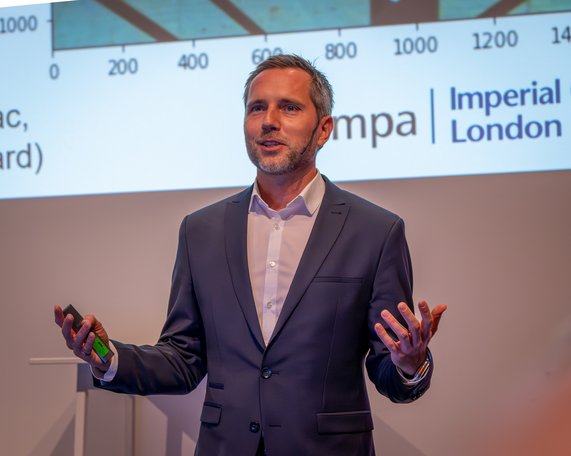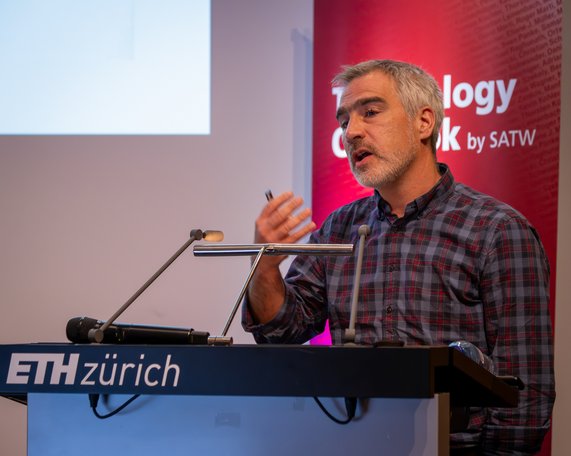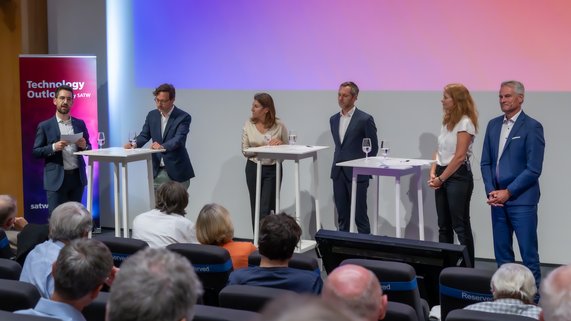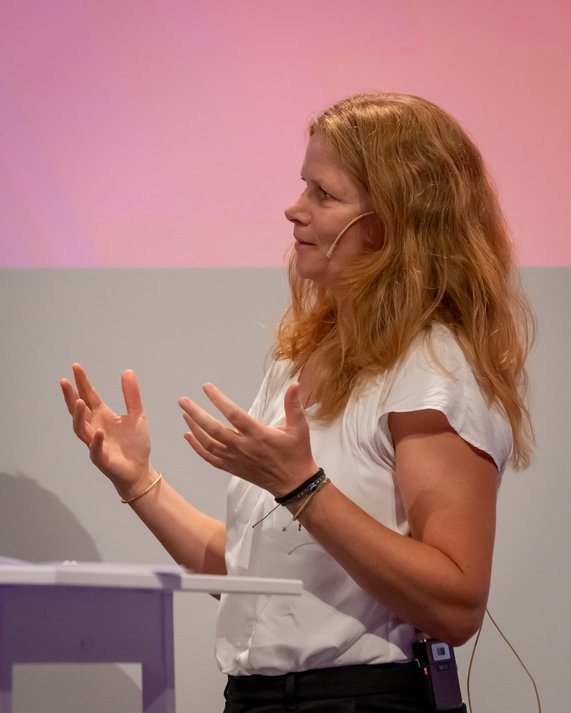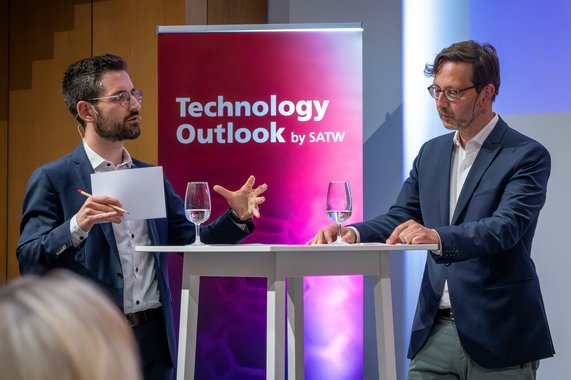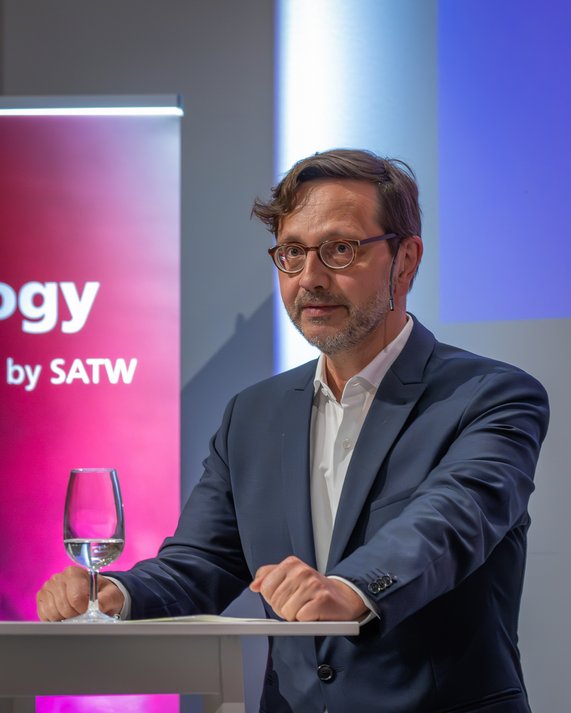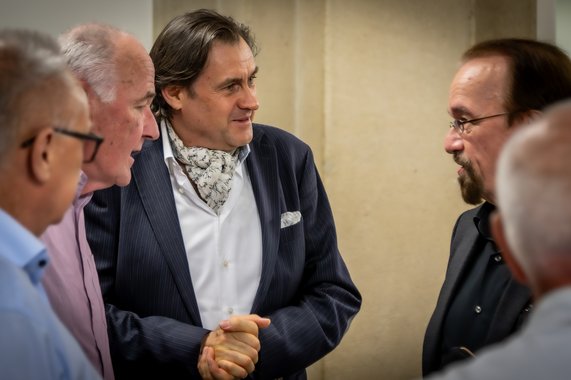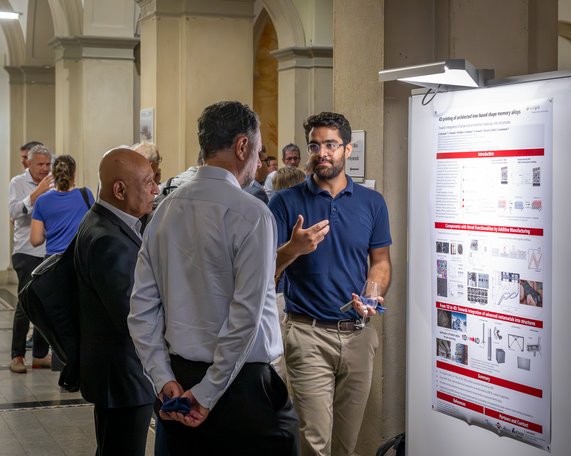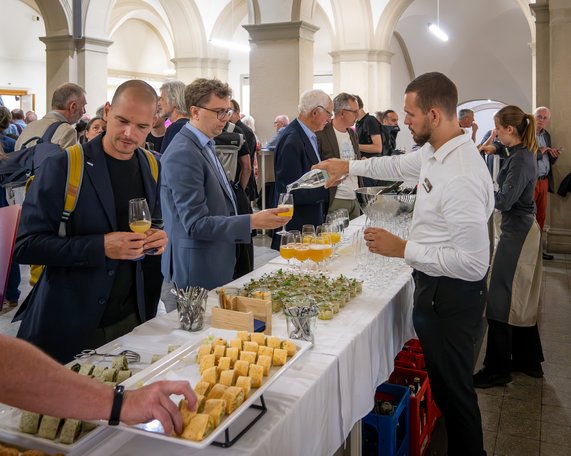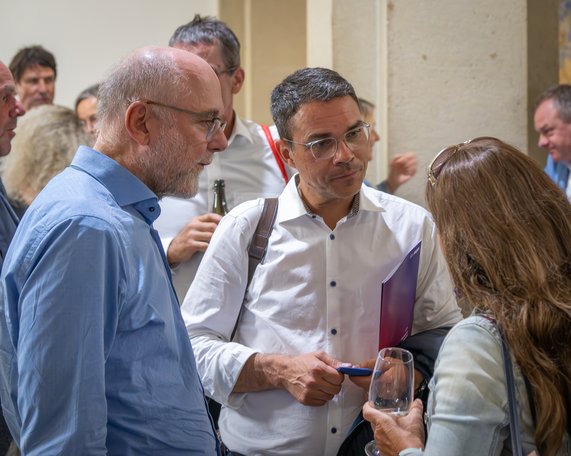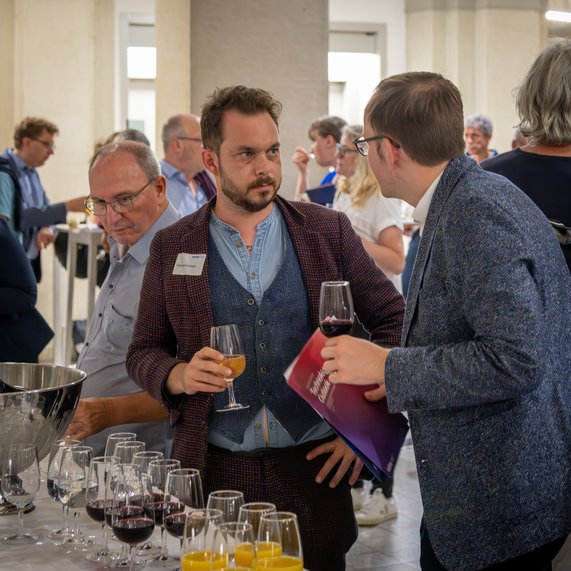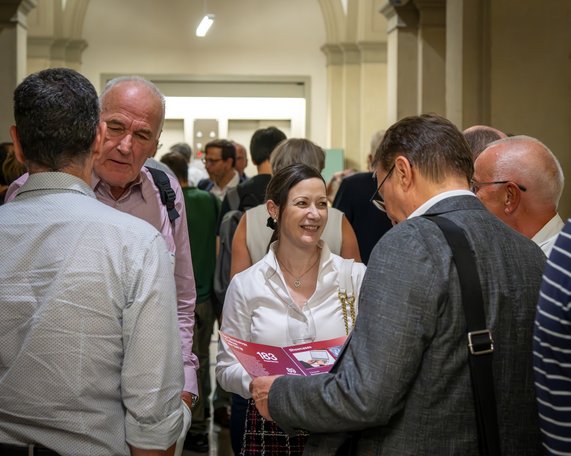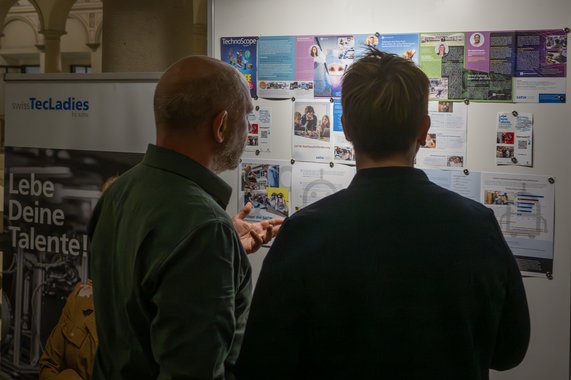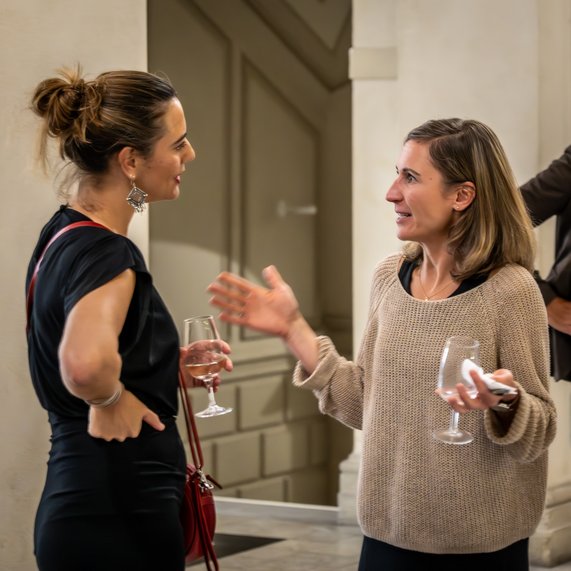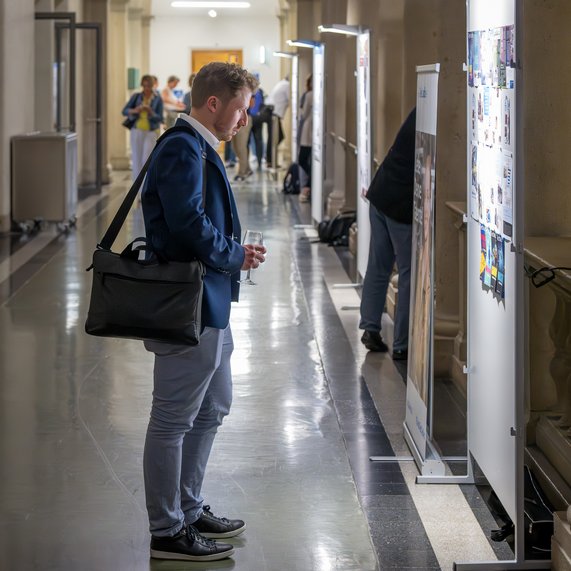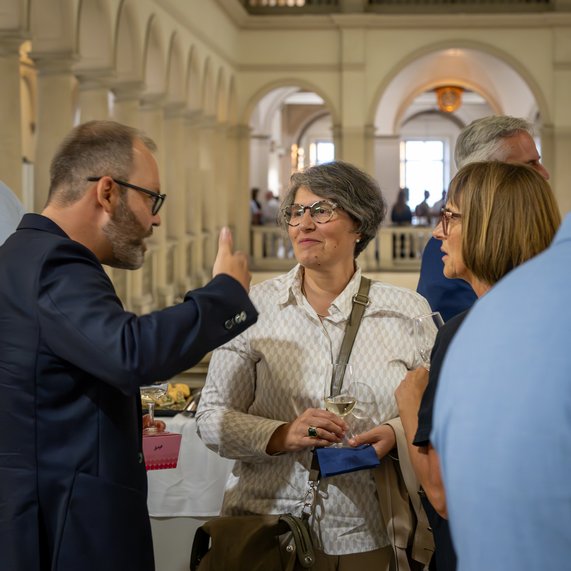New technologies often bring about radical changes in the economy and society. This makes it all the more important to provide orientation, and to shed light on both the importance of technologies to the national economy and their consequences for our society.
This independent study highlights good opportunities for Switzerland in three domains: interdisciplinarity, high-tech and niche applications, and knowledge export. As a location for research and business, Switzerland thrives on ecosystems in which players from different research fields and industrial sectors come together, and is thus predestined for interdisciplinary approaches to solution-finding. These are particularly in demand when it comes to the development of innovative technologies that bring higher efficiency, improved safety and more effective environmental protection in various areas.
Technology Outlook from SATW impresses with its thematic breadth, its short- to medium-term time horizon and its free availability. In addition, its Swiss focus sets it apart from similar analyses. The study is based on interviews with 183 experts from 89 institutions, such as CSEM, EPFL, ETH Zurich, IBM, Migros Industrie, Mobility and Nestlé. It ranks trends in technology according to their importance for Switzerland as a centre of knowledge and industry, and compares developments in Switzerland with those abroad. A total of 32 technologies are presented in the new edition, along with 22 showcases from Swiss industry, as well as national and international trends. The core feature is the four-quadrant diagram, which categorises technologies as either hopefuls, niches, surefire successes or stars – and, for each technology, visualises both its economic significance, as well as the level of relevant research competence.
In the closing panel discussion, Judith Bellaiche (GLP, Swico), Mirko Kovac (Empa), Matthias Michel (FDP), Marco Salvi (Avenir Suisse) and Sirpa Tsimal (Switzerland Global Enterprises), together with moderator Benedikt Knüsel (ETH Zurich), talked about the scope that Swiss society has to shape technologies, their uses, and innovation. Many times over, it was emphasised that cooperation, especially across national borders, is indispensable. It is equally essential that the potential of the specialists living in Switzerland be utilised more cleverly. It is a fact that 50 percent of start-up founders are foreigners, that half of Switzerland’s GDP can be attributed to innovation, and that innovation requires top people from all over the world. It is important to attract such people and retain them for the long term. In order to achieve this, politicians and the business community need to jointly set up adequate framework conditions, because there is global competition for highly qualified specialists. If Switzerland wishes to remain innovative and fit for the future, it must also compete. This requires the right mindset, as well as voters who demand such conditions.
More about the study: Technology Outlook.
